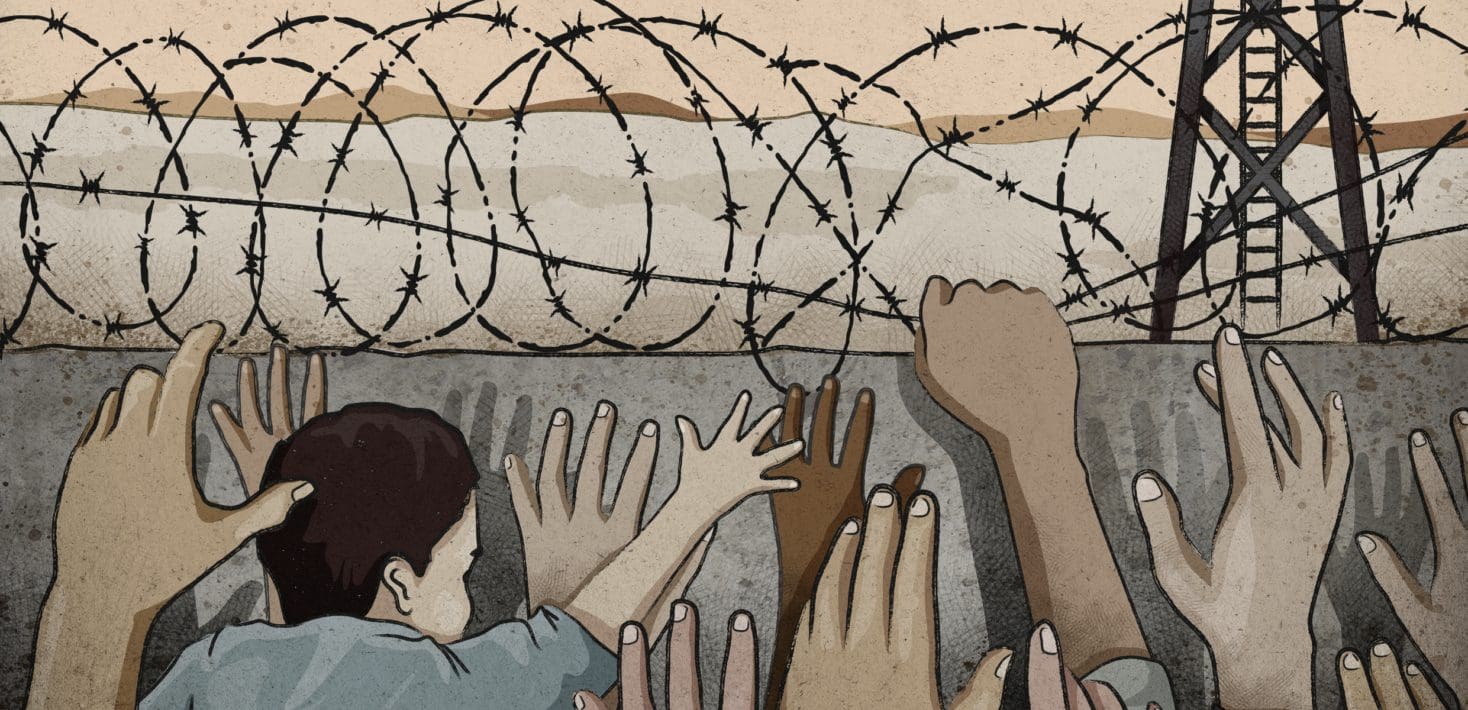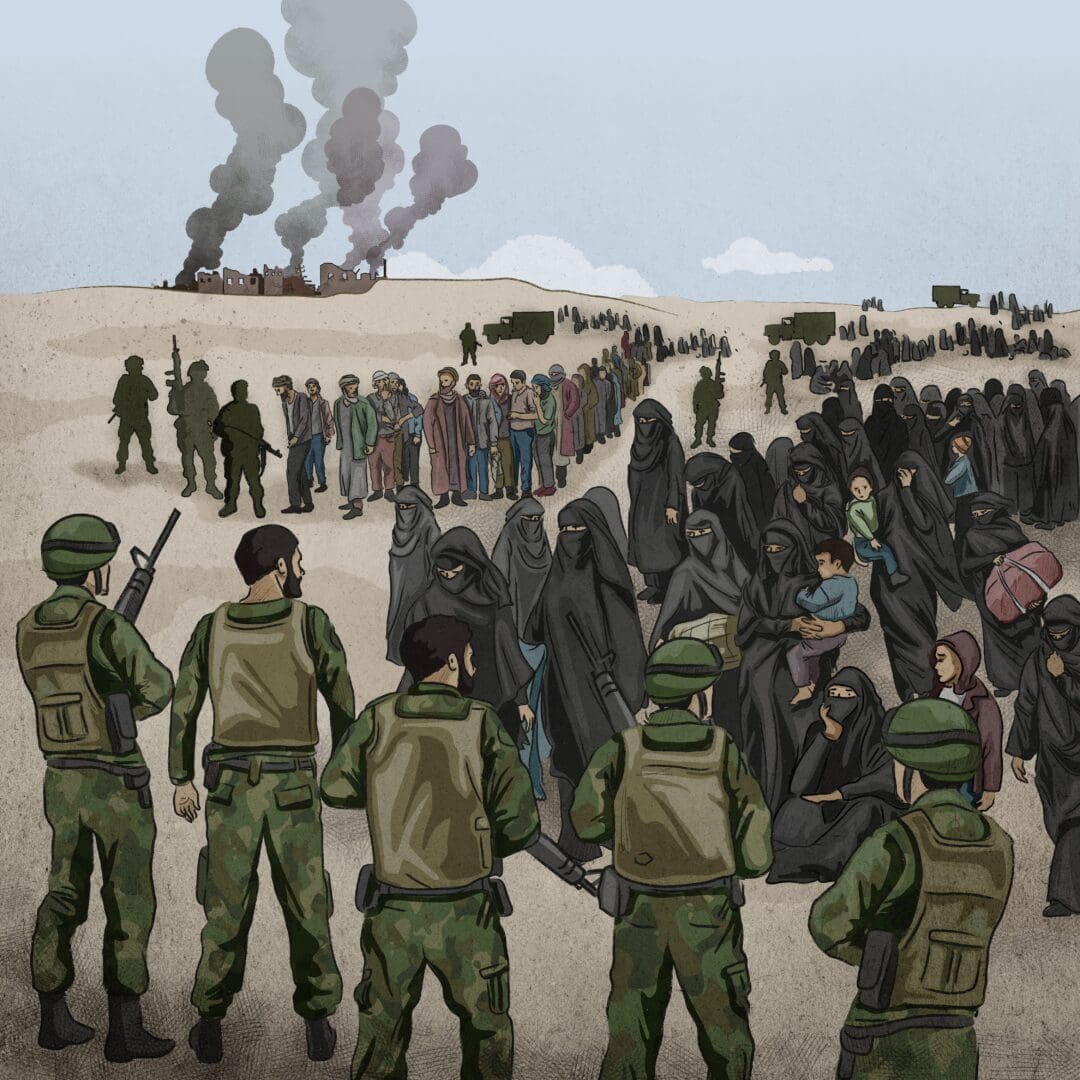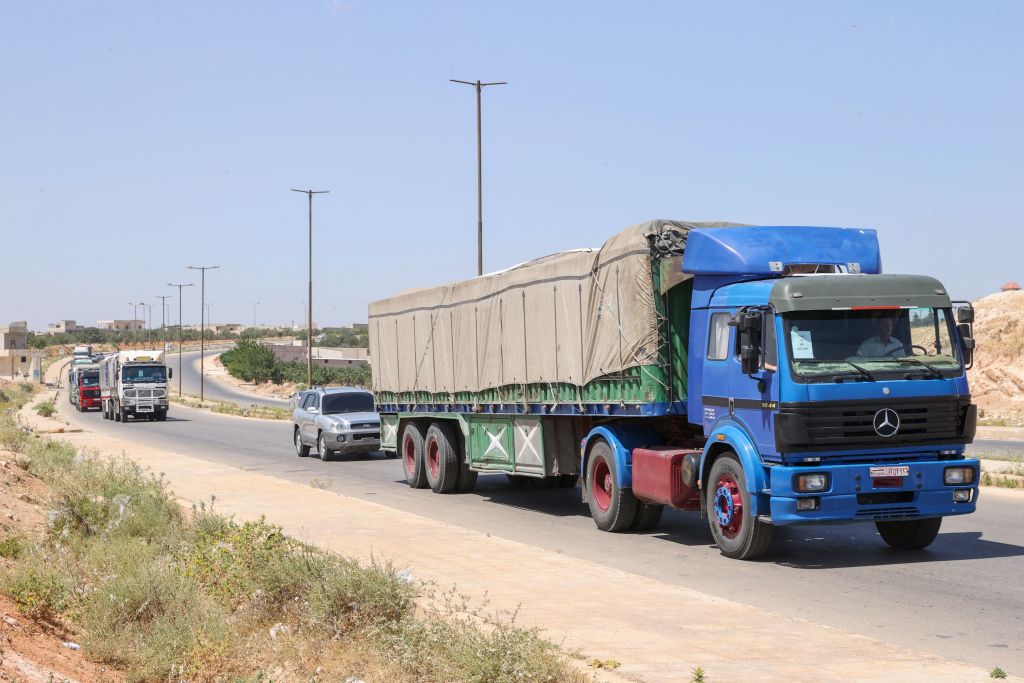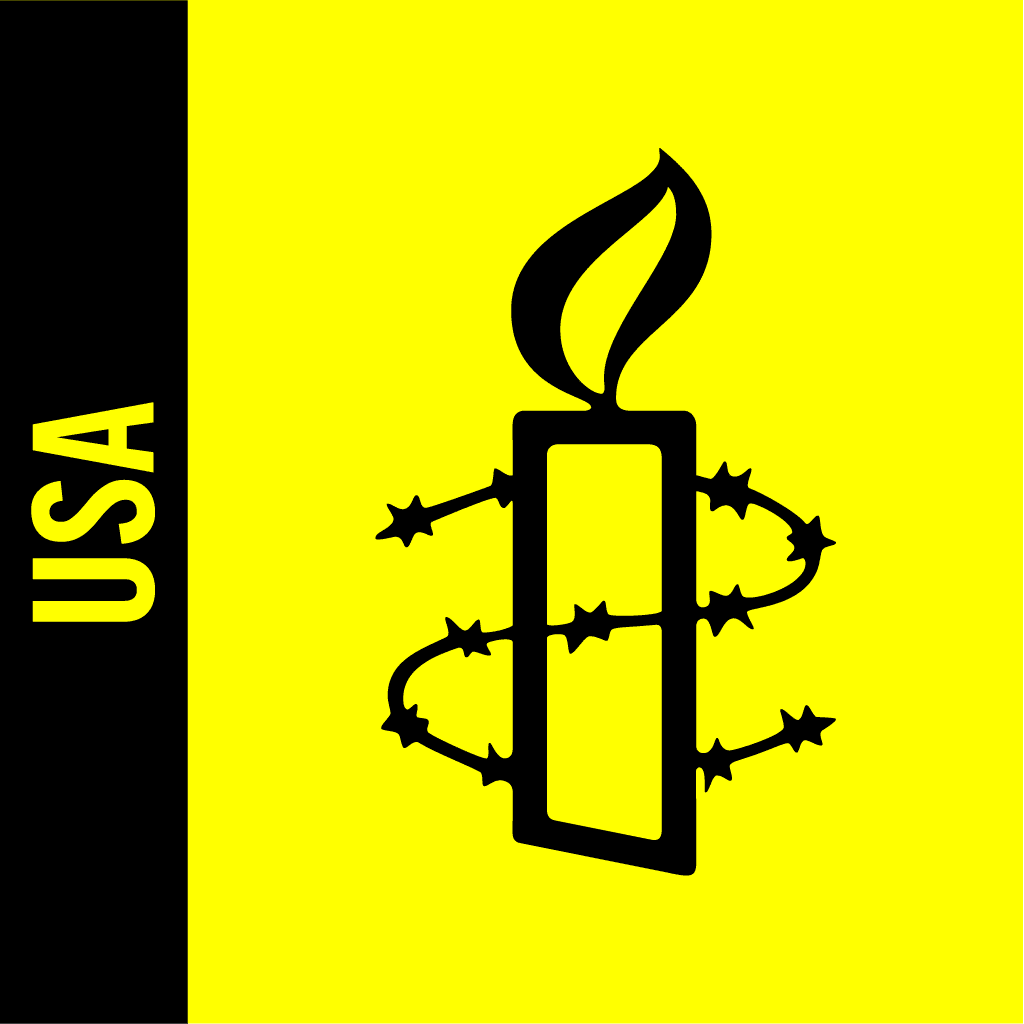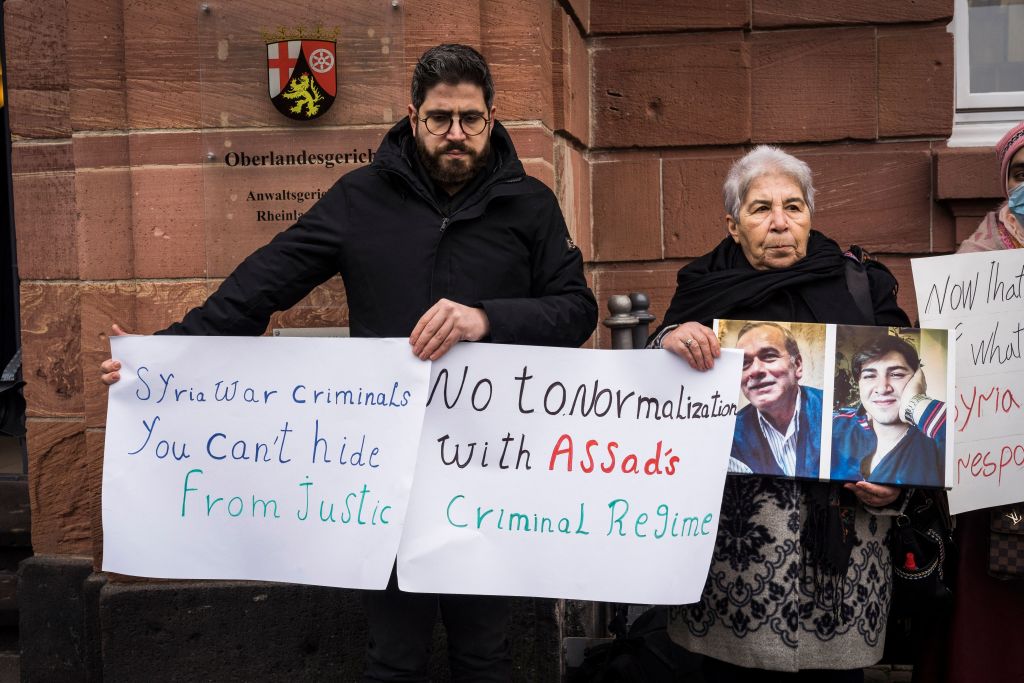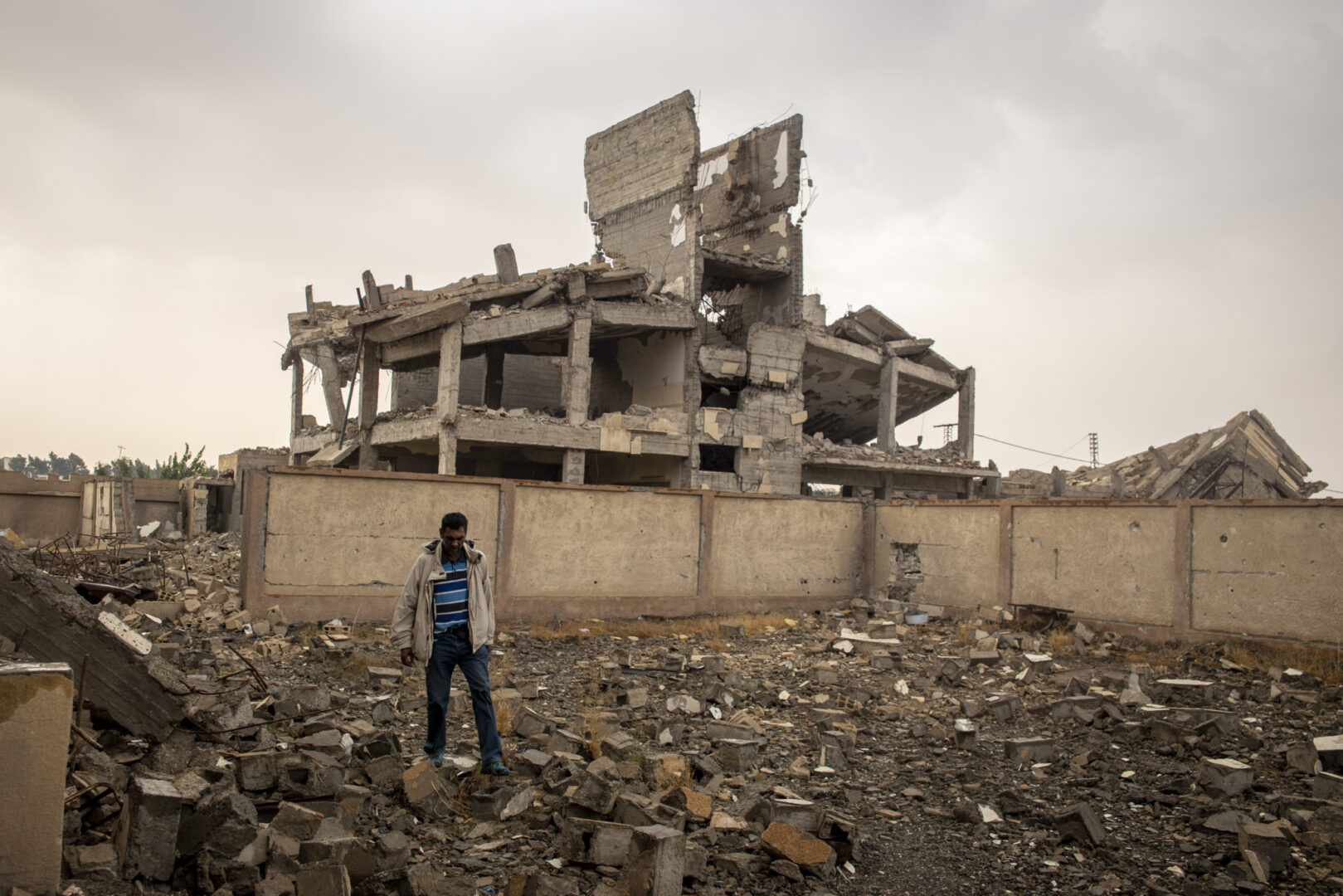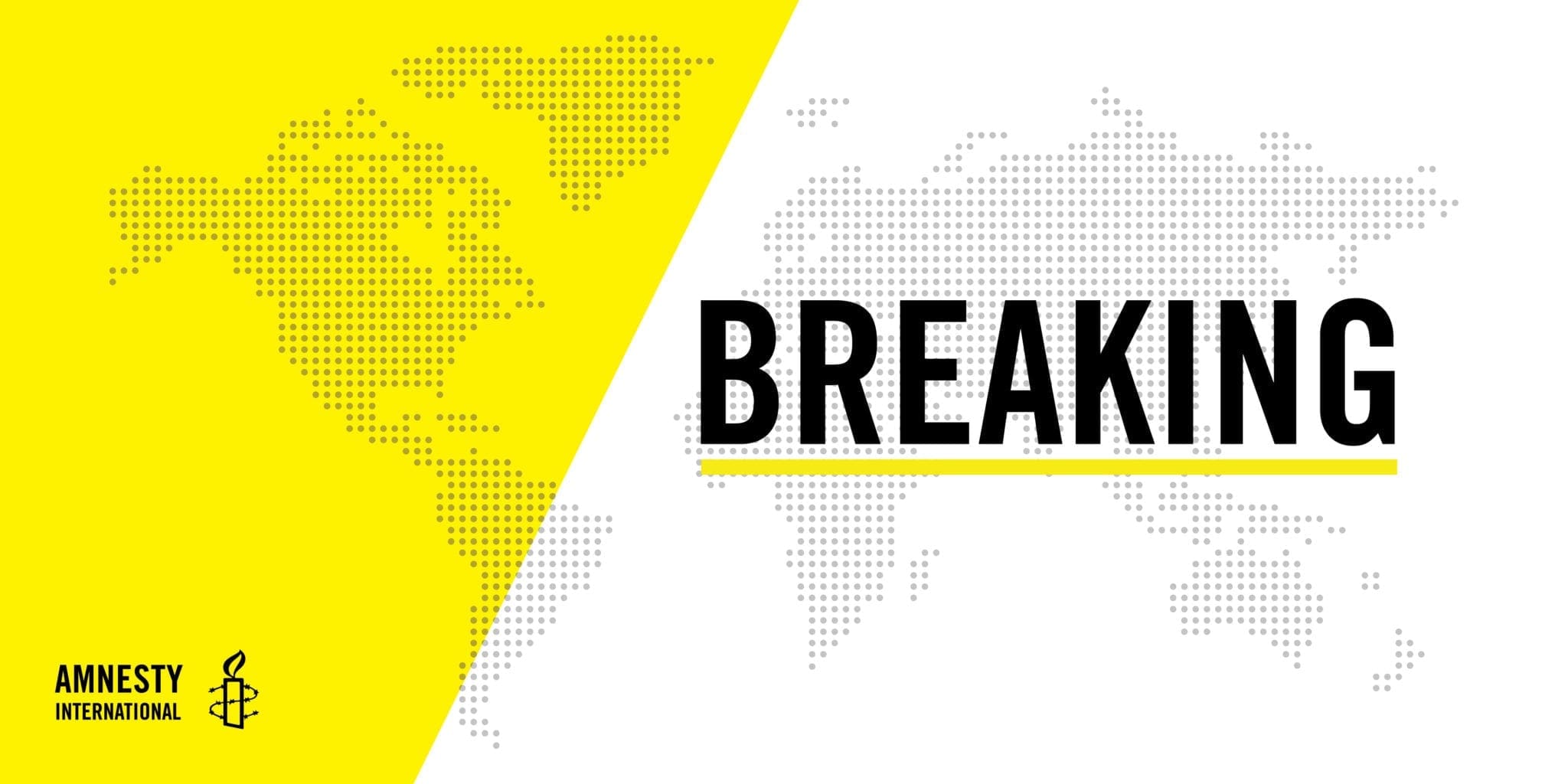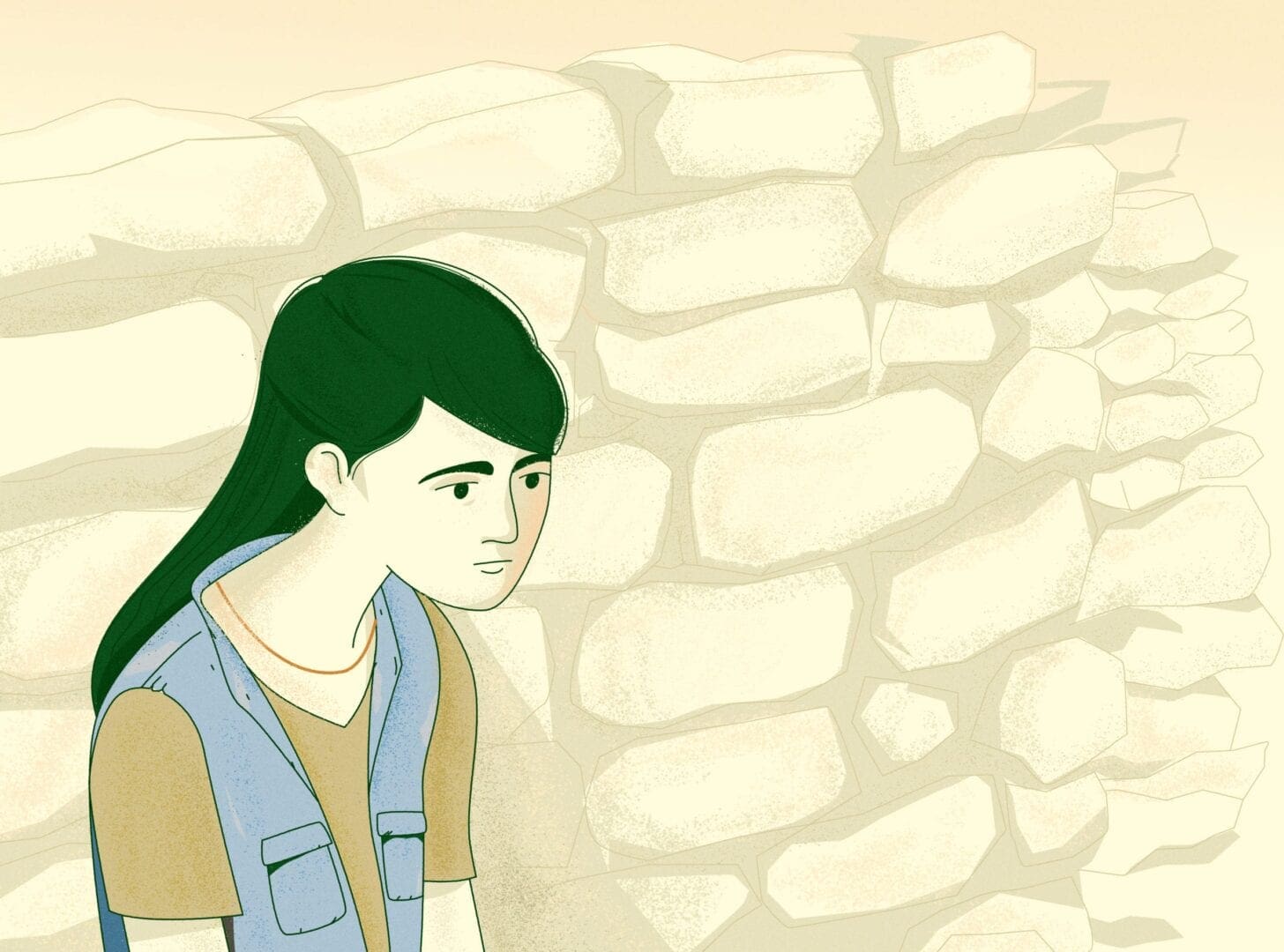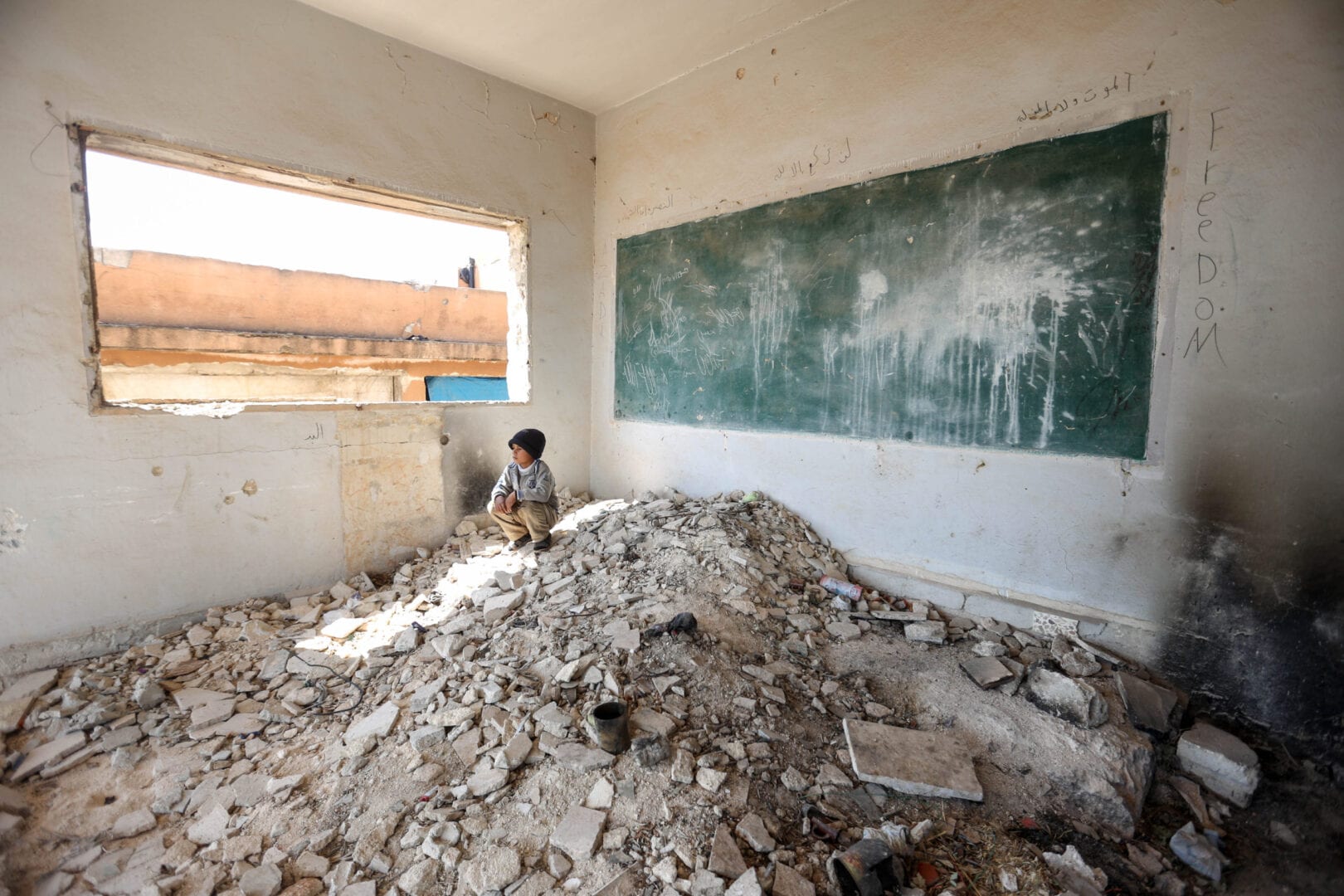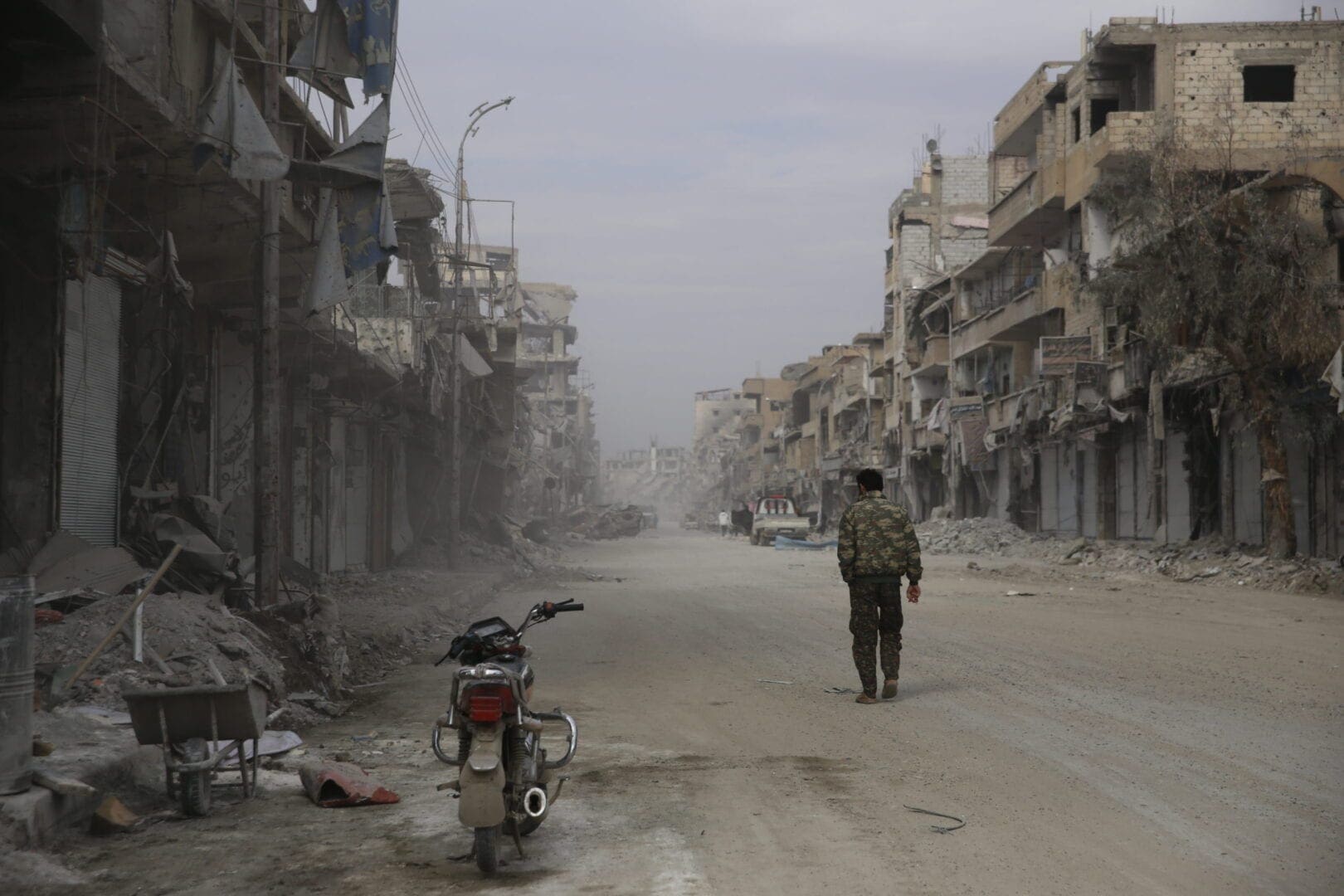mass death, torture and other violations against people detained in aftermath of islamic state defeat
People detained following the territorial defeat of the Islamic State (IS) armed group are facing systematic violations and dying in large numbers because of inhumane conditions in north-east Syria, Amnesty International said in a new report.
Aftermath: Injustice, Torture and Death in Detention in North-East Syria documents how the region’s autonomous authorities are responsible for the large-scale violation of the rights of more than 56,000 people in their custody. This includes an estimated 11,500 men, 14,500 women, and 30,000 children held in at least 27 detention facilities and two detention camps – Al-Hol and Roj. The autonomous authorities are the principal partner of the US government and other coalition members who defeated IS in north-east Syria. The USA is involved in most aspects of the detention system.
More than five years after the territorial defeat of IS, tens of thousands of people remain arbitrarily and indefinitely detained. Many are held in inhumane conditions and have been subjected to torture, including severe beatings, stress positions, electric shocks, and gender-based violence. Thousands more have been forcibly disappeared. Women have been unlawfully separated from their children.
HUMAN RIGHTS OVERVIEW
The conflict in Syria continued although hostilities decreased, while economic and social conditions deteriorated. Parties to the conflict continued to commit with impunity gross human rights abuses, serious violations of international humanitarian law and crimes under international law, including war crimes. Government forces and armed opposition groups and their allies carried out unlawful attacks on civilians and civilian infrastructure, including water stations and displacement camps, through aerial bombing and artillery shelling in northern Syria.
Government authorities, the Syrian National Army (SNA) and the Autonomous Administration of North and East Syria (Autonomous Administration) subjected civilians to arbitrary detention, abduction and enforced disappearance. President al-Assad enacted Syria’s first anti-torture law, which failed to address impunity or provide redress to victims and families, and ratified a new cybercrime law that criminalizes online criticism of the authorities or constitution.
The armed opposition group Hay’at Tahrir al-Sham and the Autonomous Administration continued to restrict freedom of expression and assembly. The government continued to prevent residents and internally displaced people in north-west Syria from enjoying their economic and social rights, including by obstructing aid to displaced people in al-Rukban near the border with Jordan.
Relevant Links
- Press release: Cuts in international aid create severe ‘health crisis’ in north-west Syria
- New anti-torture law “whitewashes” decades of human rights violations
- News: Fatal shooting of a child in al-Hol camp must be a call to international action
- “You’re going to your death” Violations against Syrian refugees returning to Syria
- Conviction of Syrian official for crimes against humanity a historic win for justice
- Ten Years on Justice for Syrians Is More Important Than Ever
- Free Austin Tice
- War in Raaqa: Rhetoric vs. Reality
- Explore Saydnaya: Inside a Syrian Torture Prison

